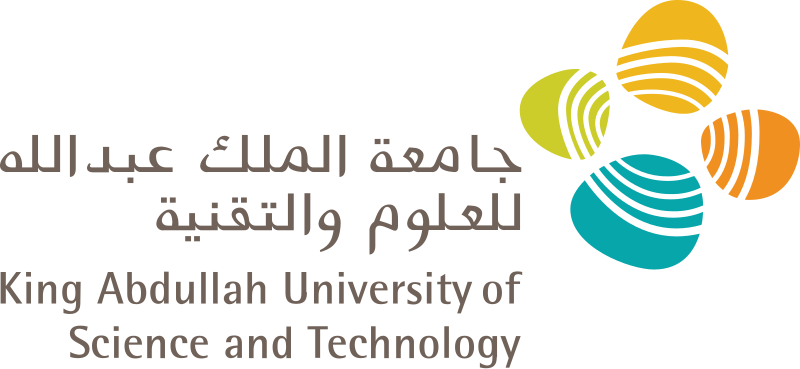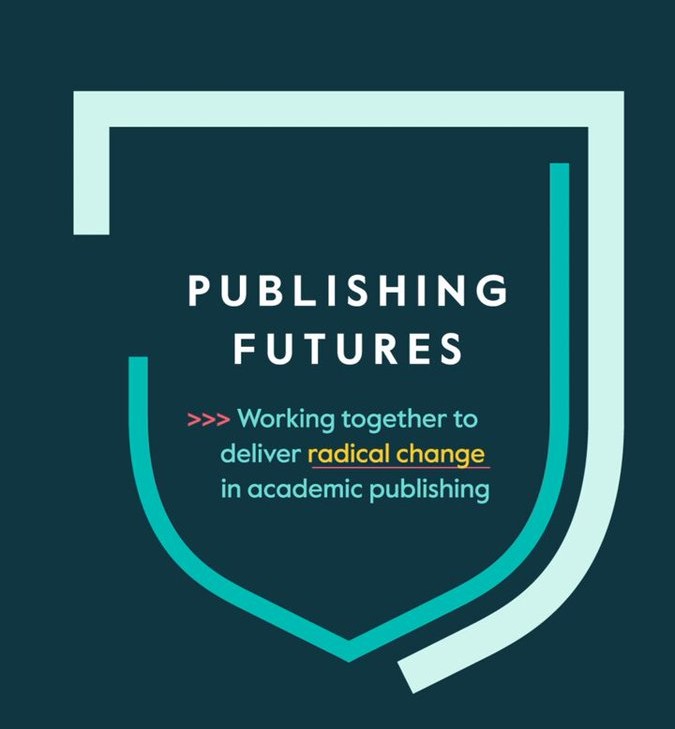
Applying to KAUST - Your Complete Guide for Masters & Ph.D. Programs (Upcoming Admissions)
Admissions Overview & Key Requirements

The Cambridge University Press “Publishing Futures” report highlights that while academic publishing remains a vital and trusted part of the global research ecosystem, the system is under strain from growing submission volumes, financial pressures, and persistent inequities.
The report surveyed 3,101 members of global research community, including researchers, librarians, funders, publishers, and societies. It combined evidence from workshops, interviews, and an online survey to understand the current state of academic publishing and its future challenges.
The study identified four interlocking themes shaping the challenges in the sector.
The volume of research articles published each year is growing rapidly, placing unprecedented pressure on the academic publishing system. Between 2016 and 2022, nearly 897,000 additional articles were indexed, representing an average growth rate of 5.6% annually. However, the report notes that this is only part of the story: submissions are rising even faster, straining editorial capacity and infrastructure.
For instance, Wiley reported a 25% increase in submissions in the first quarter of 2025 alone. While some of this growth reflects positive trends, such as increased global participation in research, the surge also includes low-quality and AI-generated content, as well as manuscripts from “papermills,” which threaten research integrity.
The report encourages recognizing alternative formats for research outputs. Supporting new dissemination models and moving beyond traditional article formats, the report says, is crucial for building a healthier and more sustainable research ecosystem.
The report indicates that rising publication output is creating disproportionate costs for libraries and institutions, while budgets remain static or shrink. Current hybrid publishing models, combining pay-to-read and pay-to-publish, risk undermining financial sustainability and limiting the impact of open access.
The report emphasizes the need for a new paradigm that supports fewer, higher-quality papers being submitted for journal publication, provides greater author choice, and offers alternative means to share research. This change requires new models with transparent pricing that reflects the value provided, not historical subscription patterns.
Researchers without funding, particularly in low- and middle-income countries, face barriers both in publishing and accessing research outputs. The report emphasizes that meaningful reform is needed to avoid deepening these divides.
Academic careers often remain tied to the number of journal articles published, incentivizing quantity over quality. The report advocates de-linking career progression from publication volume and adopting more balanced metrics to recognize diverse research contributions, including peer review and editorial work. “The dominance of the Impact Factor must be replaced with more balanced metrics that acknowledge the real value of research outputs. Ongoing innovation and exploration, such as the work of the Emerald Publishing Open Lab, is needed.”
The report encourages publishers to develop new metrics for research outputs and to support new approaches to building a new culture and infrastructure for research assessment. It also highlights several successful initiatives such as CoARA and DORA, which set clear principles for improving research assessment. Early adopters, including Utrecht University and University College London, are piloting narrative CVs and expanding recognition beyond traditional journal metrics, encompassing activities such as data sharing, software development, peer review, teaching, and community leadership.
Beyond these four challenges, the report also highlights the mounting pressures on peer review as a cornerstone of research integrity. A growing number of submissions is being funneled through a limited pool of reviewers, creating unsustainable workloads and threatening the speed, fairness, and effectiveness of the process.
The report calls for recognition of peer review as an essential part of a researcher’s role, rather than an invisible or undervalued service. Universities and publishers should embed peer review in reward and recognition structures, while providing training and support to help reviewers perform effectively. International collaboration is encouraged to distribute workloads and reduce strain.
Reducing the “publish more” mentality is also key, alongside new technological solutions, including the responsible use of AI, to streamline administrative and technical tasks while allowing human expertise to focus on critical evaluation. Peer review should evolve to include multiple forms and stages, with traditional pre-publication review complemented by post-publication open review on platforms and preprint servers.
The report concludes that the future of academic publishing requires collective action, including transparent, equitable, and sustainable models, reforming academic reward systems, and supporting a diverse range of publishing outputs. The report calls on universities, funders, publishers, and societies to collaborate to build a research ecosystem that maximizes value, integrity, and reach for all participants.
Read CUP's full report here.
Share

Applying to KAUST - Your Complete Guide for Masters & Ph.D. Programs (Upcoming Admissions)
Admissions Overview & Key Requirements

Registration Opens for SAF 2025: International STEAM Azerbaijan Festival Welcomes Global Youth
The International STEAM Azerbaijan Festival (SAF) has officially opened registration for its 2025 edition!

An mRNA cancer vaccine may offer long-term protection
A small clinical trial suggests the treatment could help keep pancreatic cancer from returning

Young Leaders Union Conference 2025 in Paris (Fully Funded)
Join Global Changemakers in Paris! Fully Funded International Conference for Students, Professionals, and Social Leaders from All Nationalities and Fields

Yer yürəsinin daxili nüvəsində struktur dəyişiklikləri aşkar edilib
bu nəzəriyyənin doğru olmadığı məlum olub. Seismik dalğalar vasitəsilə aparılan tədqiqatda daxili nüvənin səthindəki dəyişikliklərə dair qeyri-adi məlumatlar əldə edilib.

Lester B Pearson Scholarship 2026 in Canada (Fully Funded)
Applications are now open for the Lester B Pearson Scholarship 2026 at the University of Toronto!